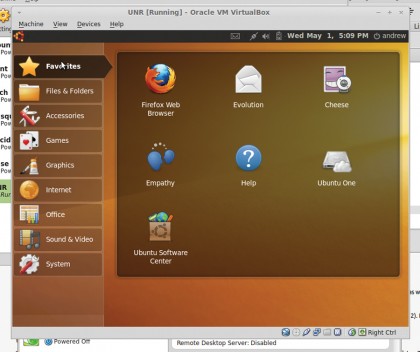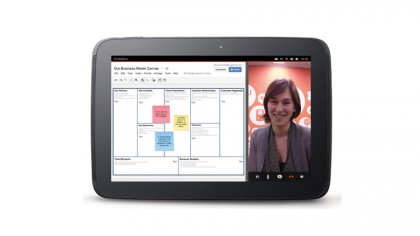Has Ubuntu lost it?
Some say Canonical has lost its way. Are they right?
Sign up for breaking news, reviews, opinion, top tech deals, and more.
You are now subscribed
Your newsletter sign-up was successful
It wasn't long before Ubuntu began appearing on corporately manufactured machines. In April 2007, three years after Ubuntu's first launch, Dell announced that it would be stocking machines pre-loaded with Linux, with CEO Michael Dell telling the world that he used Ubuntu 7.04 at home. The buzz that this created helped propel Ubuntu - and Linux as a whole - into the mainstream.
Linux gained more exposure with the short-lived craze for netbooks - small, low-powered devices with tiny keyboards, which have seen their market niche all but wiped out by the advent of touchscreen devices. Many of these devices came with Linux pre-installed, but the manufacturers crippled them with buggy, badly designed interfaces and poor software choices.

Ubuntu rode to the rescue with its excellent Netbook Remix, but by then the damage had been done, with many people convinced that Linux was a cut-price inferior alternative to Windows. That was a shame. As Mark Shuttleworth said in 2012:
"We've known for a long time that free software is beautiful on the inside - efficient, accurate, flexible, modifiable. For the past three years, we've been leading the push to make free software beautiful on the outside too - easy to use, visually pleasing and exciting. That started with the Ubuntu Netbook Remix, and is coming to fruition in 12.04 LTS."
He was right, but Ubuntu preloaded has suffered a couple of false starts. In 2010 Dell quietly dropped its Ubuntu machines from its website, saying at the time: "We've recently made an effort to simplify our offerings online, by focusing on our most popular bundles and configuration options, based on customer feedback for reduced complexity and a simple, easy purchase experience… We're also making some changes to our Ubuntu pages, and as a result, they are currently available through our phone-based sales only."
However, it's not all bad news. Dell's excellent XPS 13 laptop, a rare high-end machine preloaded with Linux, is now available in both the USA and Europe. And Shuttleworth remains optimistic, even bullish, about the future of Ubuntu preloaded.
In May 2012 he told a press conference: "Next year about 18 million PCs, or five per cent of the total market, should ship with Ubuntu preloaded." Canonical currently claims "20 million users and counting" and 1.3 million websites running on Ubuntu servers with 22,000 new sites added every month.
Sign up for breaking news, reviews, opinion, top tech deals, and more.
Beyond that, Shuttleworth has announced plans for Ubuntu TVs, Ubuntu smartphones, and Ubuntu for tablets. He's predicted 200 million Ubuntu users by 2015, and he's hoping that gadgets are the way to get there.
A change in direction

At the launch of Ubuntu for phones Shuttleworth told us that the OS had been designed with broad device compatibility in mind, but we have yet to see a flood of touchscreen devices bearing the Unity interface. We've seen one model planned for release in October 2013, but as yet the release is planned only for Australia. Check out www.ubuntutablet.com.au for the details.
Is Ubuntu for phones dead in the water, or is the take-up simply slower than anticipated? Shuttleworth told us at the launch of the phone OS that Canonical had the backing of a "very large supplier of silicon to the mobile industry," and that it was "in discussions at the highest levels with top-tier carriers in North America, Europe and China to get launch partners for those devices".
In the same conference call, Shuttleworth expressed his vision for the future as universal Ubuntu branding. He wants shoppers to walk into electronics stores and cellphone kiosks and recognise Ubuntu because they already use it on their phones, computers, TVs, and several mobile devices. "It solves a lot of problems for us if people go into a store and see Ubuntu branding."